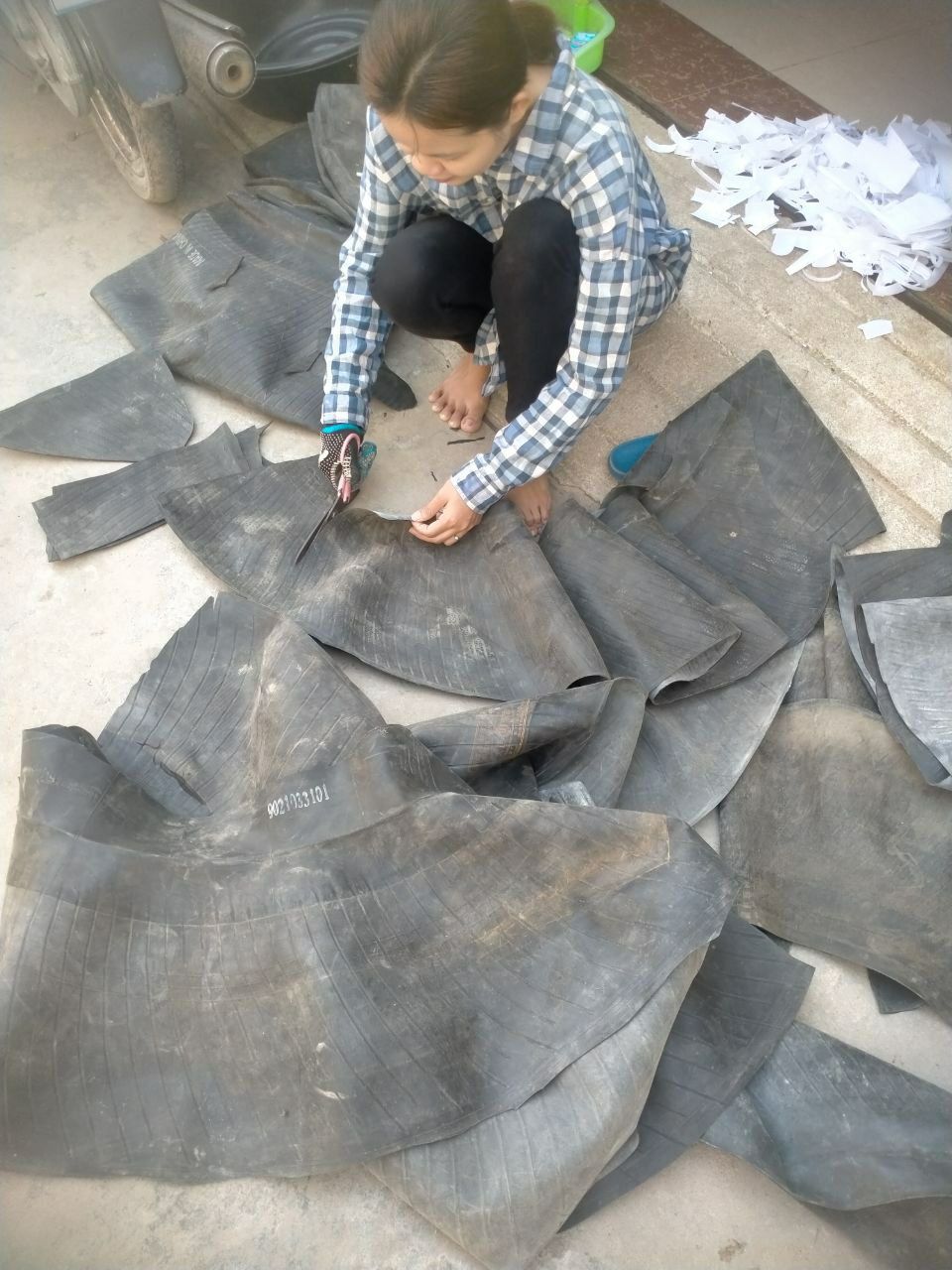Being human means releasing planet-warming carbon emissions into the atmosphere. It happens when we take a shower, charge our phones, or let out a yawn after a long day. Just like humans release carbon pollution, so do businesses - and Lost in Samsara is no exception.
We’re on a Mission
As Lost in Samsara continues to grow, we have an increasing responsibility to commit additional resources toward our values in order to maximise the positive impact of our products.
Social responsibility is cemented in Lost in Samsara’s DNA because our people believe deeply in making the world a better place.
What Lost in Samsara is Doing
The climate crisis is massive, complicated, and overwhelming. So, it’s often hard to know what we can do about our carbon footprint.
Starting today, we’re taking a stand and doing something about. We’re partnering with EcoCart to empower the Lost in Samsara community to make their orders 100% carbon neutral.
For every one of our amazing items that ships, you can now offset the specific carbon footprint with a positive environmental impact! This means the full carbon emissions from producing, manufacturing, and shipping your favourite Lost in Samsara products to your door would be neutralised.
So now you’ll know when a Lost in Samsara package arrives at your door, you’ll get something you love and you’ll be proud of the fact that you’re taking a small step towards making a big change in the world.
Huh?
What does it mean to offset emissions?
It means that for any carbon emissions released into our atmosphere as a result of manufacturing and shipping items at Lost in Samsara, we invest in projects that reduce carbon emissions by the same amount.
How does it work?
Now, each time someone checks the carbon neutral box at Lost in Samsara, we will automatically purchase verified emissions reductions, more commonly known as “offsets” through our friends at EcoCart. These purchases support environmental projects, like wind and solar farms that create clean energy, or protecting trees that would otherwise be cut down so that they can continue to absorb carbon from the air. On top of it, we make sure that these projects are doing some extra good like protecting animals or supporting underserved communities.
Why is this important?
We have always been conscious of our impact and actively worked to lighten our carbon footprint. We believe that if we all work together towards positive change, we can make the world a cleaner, healthier place.
What do you mean carbon neutral?
When we say your orders will be “carbon neutral” (“net zero” is another term you’ll hear), that means that we will eliminate, capture, or otherwise mitigate all of the carbon emissions created from making Lost in Samsara products and shipping them to your door.
We’ll even give you information about the project your specific donation is supporting, so you know your money is going to the right place.
Just the Beginning
At Lost in Samsara, we are committed to slowing the effects of climate change, one order at a time.
Carbon offsets are a starting point—an immediate way to reduce our impact. Even though this is a moment to celebrate, we think that it’d be even better if we didn’t emit any carbon in the first place. To achieve this, we’re working to develop projects in our own supply chain that will reduce our emissions directly.
The Power of Us
Our work isn’t done for another important reason. No matter how much progress we continue to make on our own footprint, Lost in Samsara’s footprint is actually quite small. The effects of climate change are magnified far beyond Lost in Samsara itself.
The only way we can truly begin to reverse the effects of climate change are if everyone does their part.
What can you do?
- First, focus on the energy efficiency of your home. Efficiency is also the easiest way to save money. Program your thermostat. Check in with your own utility and see if they offer rebates on LED light bulbs, efficient appliances, upgraded insulation or other cost-effective upgrades like efficient water fixtures. Ask your utility if they offer a home energy audit. You can also switch to a green energy supplier!
- If you own a house, installing solar might make financial sense for you. In some cases, you can install solar with no upfront cost while lowering your energy bill each month. In a few areas, you can buy into a community solar array that isn’t even on your property. If solar doesn’t work for your house or you live in an apartment or condo, check with your council if they offer a residential green power program.
- Find brands with legitimate sustainability initiatives. Whether it’s with carbon neutral products, a sustainable supply chain, recycled materials, or eco-friendly packaging, we should all do our best to limit the carbon footprint of the products we buy.
- Challenge yourself to drive less and bike more. Riding your bike forces you to utilise your own muscle power. You’ll get a workout all while helping the environment. Plus, it requires much less energy to produce a bike than it does to manufacture a car. If you can’t bike to work for whatever reason, take public transportation. It puts less cars on the road, which reduces the amount of exhaust filling the air at once.
- Opt for reusable bottles, bags, and anything else that you usually use once then throw away. If that’s not an option, make sure to properly recycle any plastic, paper, glass or metal that comes into your life.
If we all do our part by changing our daily habits and making sustainable swaps, supporting companies that care about their impact on the Earth, and advocate for the future we deserve, we can effect real change in the world.



